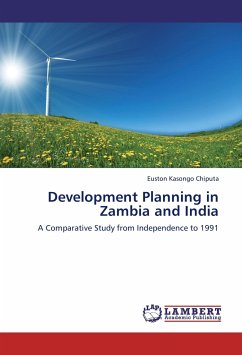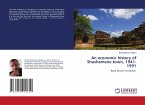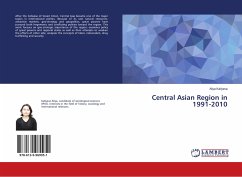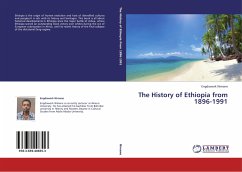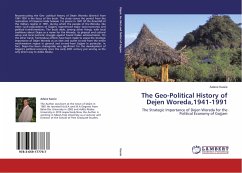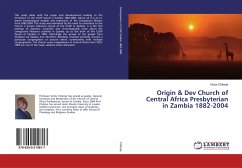Both Zambia and India at independence, in 1964 and 1947 respectively, inherited from British colonial rule drained, structurally disarticulated and backward economies. Both countries embarked on development planning as a strategy through which to overcome the inherited socioeconomic problems. However, by 1991 while India had broken loose of the inherited structural backwardness, Zambia had sunk into an economic malaise of dependence on foreign loans and food aid. A number of factors were responsible for these differences. This book compares the implementation strategies and results of development planning in Zambia and India from independence to 1991. The overall argument of the book is that while development planning did not achieve all the intended objectives in Zambia and India, and while India achieved more benefits than Zambia, development planning as a strategy was beneficial to both countries. Zambia and India used development planning to build up social and economic infrastructure that enabled them to resolve some of the difficult problems inherited at independence. Development planning enabled India, more than Zambia, to gain economic independence or self-reliance.
Bitte wählen Sie Ihr Anliegen aus.
Rechnungen
Retourenschein anfordern
Bestellstatus
Storno

